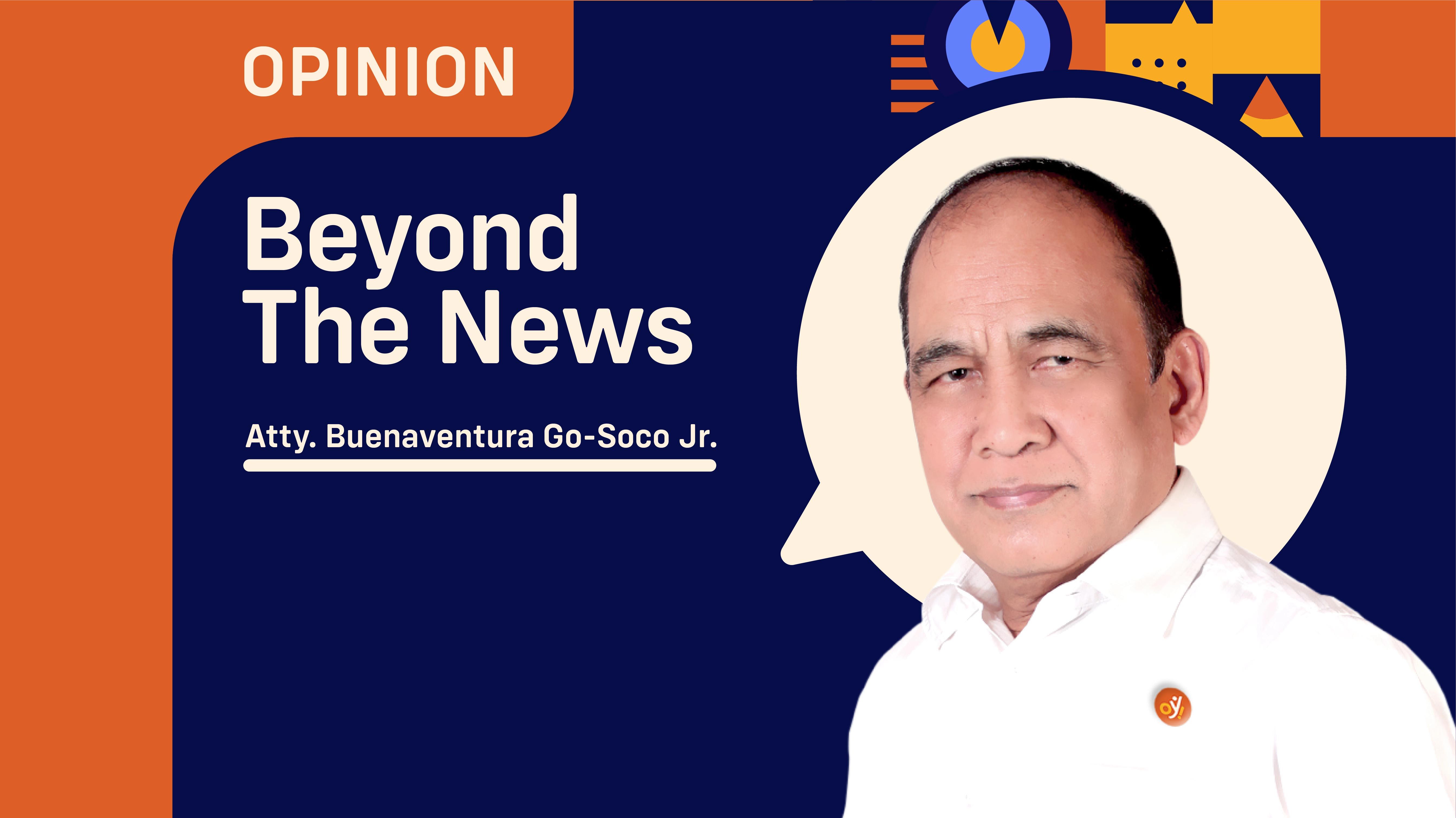THE impact the pandemic is having on the poor is becoming more serious.
“Without equity, we cannot end COVID-19, HIV or any other pandemic”, wrote Peter Sands, Executive Director of the Global Fund.
The Asian Development Bank (ADB) recently noted that the COVID-19 pandemic further increased the income gap between the rich who got to cope and the poor who suffered more in the Philippines.
ADB observed, “In the Philippines, households in the lower-income classes are more likely to have income declines than those in the upper-income classes. This implies that income inequality may have widened amid the COVID-19 pandemic “.
It went further by saying that across the Asian region, it was in the Philippines where the most significant share of households, or 85 percent of respondents, said they had experienced financial difficulties amid the pandemic.
Also, 84 percent of Filipinos surveyed said their incomes dropped last year.
In terms of the sufficiency of resources to cover daily necessities in case households lose all of their income sources, ADB said, "The situation is also serious in the Philippines, with less than 30 percent having enough resources to cover necessary expenditures for more than a month."
Referring to the Philippines and Indonesia, where 86.6 percent of households said they could survive for only two weeks without income, ADB said, "if the COVID-19 pandemic is prolonged, many households in these countries may suffer from hunger and increased poverty."
Sharing the same grim analysis of the Philippine situation, the World Bankdownscaled its 2021 economic growth forecast.
The Washington-based lender announced a 5.5% growth projection for the country, down from the 5.9% it initially announced in December last year.
The Philippines, it noted, has a "high domestic transmission" of COVID-19 and is "lagging behind" in its vaccine rollout.
However, the government is sticking to its guns by maintaining an economic growth target at 6.5 percent for 2021 despite renewed mobility restrictions amid surging COVID-19 cases.
Recently, acting Socioeconomic Planning Secretary Karl Chua expressed optimism that the economy would slowly recover this year following a slump in 2020.
“Our projection is that our gross domestic product will return to a positive growth rate this year at 6.5 percent,” Secretary Chua said.
The Philippine economy shrank 9.5 percent, its worst in several decades and sharpest among Asia-Pacific economies.
Opposing strict lockdowns, Sec. Chua believes that going back to more stringent quarantine measures would prevent nearly 270,000 new COVID-19 cases and 4,700 deaths.
But this would contribute to the worsening hunger and poverty in Metro Manila and nearby provinces.
He said continuing lockdowns would add 58,000 people to the 3.2 million hungry people, and 128,500 more will be unemployed.
Sec. Chua argued that keeping lockdowns tight would increase joblessness and hunger.
He contended, "the issue we face now is not economy vs. health. It is the total health of the people, whether from Covid, non-Covid sickness or hunger.”
However, critics state that this effort to divert attention from the Covid-19 pandemic can lead to an inadequate response to the crisis and worsen the poverty situation.
While Sec. Chua is unwilling to restrict people's movement and business firms' operations, the number of Covid-19 cases continues to pile up.
In the meantime, there is a bail-out bill languishing in Congress.
There is a P400-billion Bayanihan 3 bill stuck at the Lower House. The government's economic managers oppose it.
Bayanihan 3 will resume direct cash subsidies for pandemic victims.
Given the upsurge in Covid-19 cases, the government cannot turn a blind eye to the worsening poverty situation. Bayanihan 3 should be approved.
However, it must achieve its objective of helping the poor and preventing the further deterioration of the poverty situation. There is often a gap between the law as worded and its implementation in the field.
Adequate institutional preparations, both in structure and processes, are needed to improve on the 2020 experience.
This quotation from way past is still relevant today. It warns of bad things to happen if the poverty gap continues to worsen.
“Poverty is the parent of revolution and crime.” — Aristotle, Greek philosopher.
